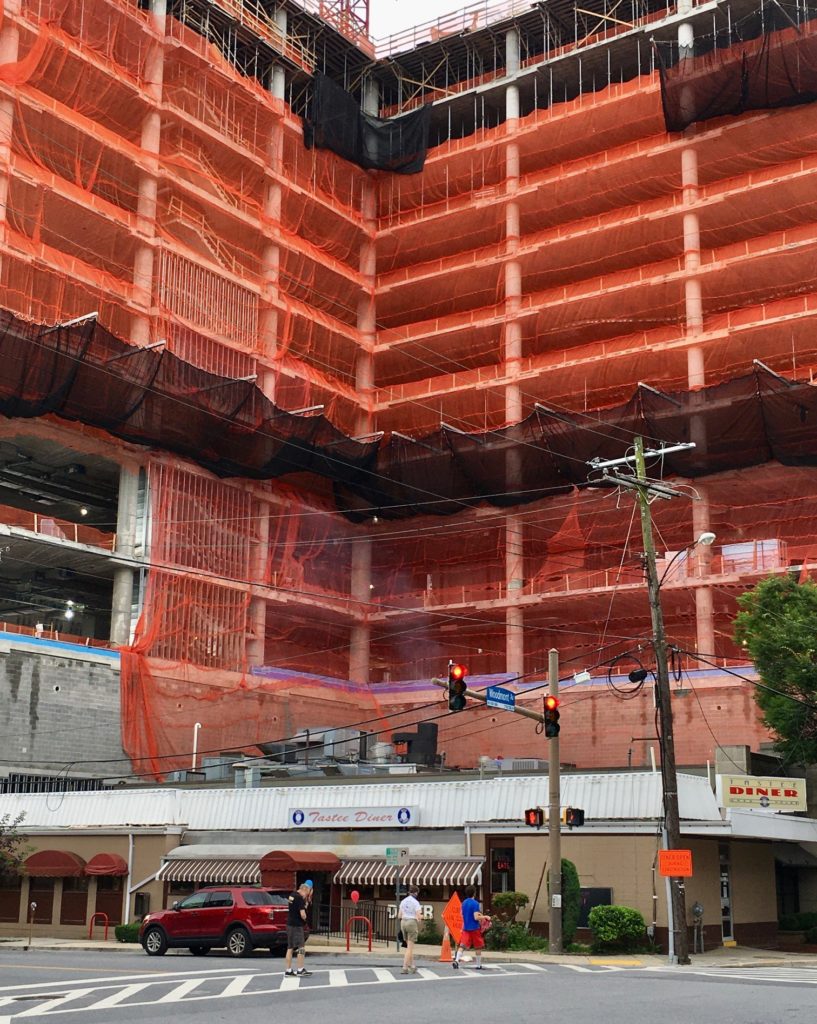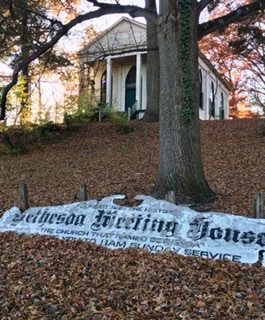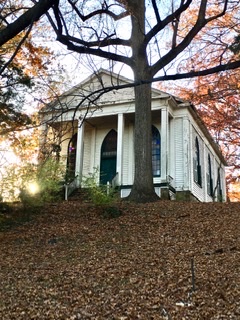How important is the knowledge of an organization’s past for a new leader? Isn’t the responsibility of any CEO to take a firm forward from the present to the future? Moreover, can’t one rely on existing staff and members to affirm what is important to know from history-if needed?
This is not a hypothetical situation. Credit unions will sometimes choose new leaders with no connection to the organization or even to credit unions. An example is BECU’s new CEO. One current NCUA board member and the newly nominated member waiting Senate confirmation have no prior association with credit unions.
How History Informs the Present
Recently I attended the 300th anniversary of the “founding” of the Bethesda Presbyterian Church. The date of 1723 is somewhat arbitrary as there are no specific records except the journeys of itinerate ministers who came from Philadelphia to Cabin John and Bethesda to hold services.
According to the cornerstone, a new church building was constructed in 1850 on the tallest hill in the area after the original 1829 structure was destroyed by fire. The church was called Bethesda. It was named after the pool of Bethesda in the biblical story of the lame man waiting to be lifted into healing waters. That eventually became the name of the town that grew up in the area.
The 1850 church and Victorian era manse occupy four acres which includes a cemetery. The Presbyterian church founded there, moved to a new location in 1925. Various other congregations have used the buildings since. In 2019, the entire site was abandoned. The buildings and surrounding grounds have had no maintenance.
Nevertheless the buildings have received an Historic Site designation which prohibits it from being developed as a commercial or residential project today.
The church has seen some historic moments. During the Civil War confederate cavalry occupied the site before union soldiers drove them away. Abraham Lincoln is said to have visited the church.
The building contains the original beautiful sandwich glass windows. There is a slave quarters in the rear back balcony of the church. The original bell was stolen from its moorings in October of this year.
Besides its long historical role, why should this past matter to modern day Bethesda? When we moved here in 1982, the town was still small, marked by single and double story buildings surrounded by family homes and apartments. The metro had not opened. One could drive in and park on the lot at the Hot Shop in the town’s center.
Today Bethesda is a developer’s dream with twenty story multi-use condos and offices multiplying like rabbits. No small parcel is exempt from this vertical expansion, except for the Tastee diner that sits at the foot of Marriott’s World Headquarters.
 Reason for Resurrecting the Site
Reason for Resurrecting the Site
What does an abandoned, overrun hill with two deteriorating buildings mean to this new mecca of upscale commerce and residences?
In a talk during the 300th anniversary celebration of the Church, a local volunteer historian presented his thoughts on why preserving a community’s history matters.
The church is old and freighted with history. Which begs the question of why we are here, celebrating it. To me, the answer is that shared history is an important part of what defines a community. We can only understand and celebrate what we are when we understand and appreciate how we came to be. And we look to the past to prepare for the future because, as James Burke wisely observed, “there is nowhere else to look.”
In the end, it doesn’t matter that we can’t pinpoint the founding date of this congregation. What matters is that the history of Bethesda Presbyterian Church and its (original) Meeting House is literally the history of Bethesda—its rise, its growth, its weaknesses, its redemption.
No other building or institution comes close. How did we begin? Look here. How did we cope with slavery and its legacy? Look here. How did we evolve from a farm hamlet to a suburb to an urban center with all the strengths and challenges that brings. Look here.
Credit Unions, History and Mission
Credit unions have played an integral role in their members’ lives and what it means to be part of a “community” initially called a “field of membership.”
It is not the buildings and products that define a coop, but rather belonging to a group whose mission is to take care of each other, even today. Members bring their history, sometimes their entire lives, contributing to keeping it going.
That continuity of mission is why credit unions exist. When that history is forgotten, ignored or seems irrelevant to the present, that is when we begin to lose our future.
A credit union can be much more than a financial institution; it is a means of creating and sustaining a “community” that cares about each other. And whose history will have “its rise, its growth, its weaknesses, its redemption” just as this Bethesda spiritual congregation has experienced in its 300 years.


